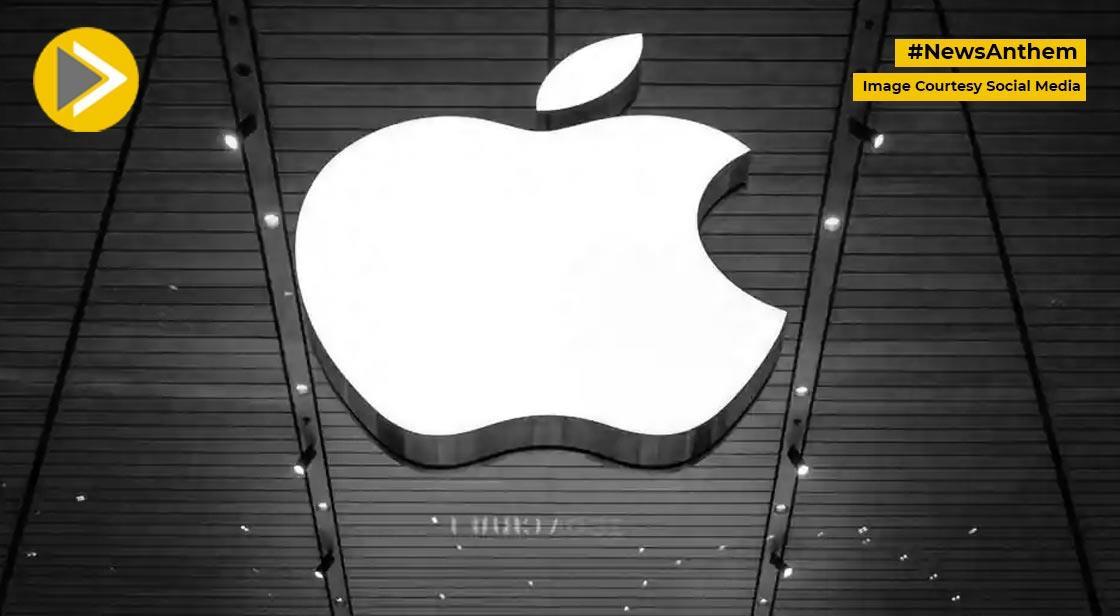Apple and Meta Set to Compete in AI-Powered Humanoid Robot Market: Key Details Revealed

News Synopsis
Tech giants Apple and Meta are poised to enter a new frontier in artificial intelligence (AI) and robotics. Having already established their rivalry in mixed reality, the two companies are now shifting their focus toward AI-driven humanoid robots that can perform a range of household tasks.
These futuristic robots are expected to revolutionize domestic assistance by handling chores like folding laundry, serving drinks, and even pushing children on swings.
Meta’s Vision: A Software-First Approach to Robotics
According to a news agency, Meta is taking a software-centric approach to humanoid robotics. The company has formed a dedicated unit within Reality Labs, focusing on building a universal software platform for humanoid robots, much like an "Android for robots."
Meta's competitive edge lies in its expertise in:
-
AI models (such as its advanced Llama AI)
-
Sensor technology
-
Computing capabilities
By leveraging these strengths, Meta aims to create an open-source robotics ecosystem, allowing third-party manufacturers to develop their own humanoid robots using Meta's technology.
To achieve this goal, the company has started hiring top engineers and AI experts and plans to assist hardware firms in commercializing humanoid robots in the coming years.
Apple’s Approach: Hardware Integration and Home Automation
Unlike Meta, Apple is focusing on hardware-driven innovation. Reports suggest that Apple is developing a tabletop robotic device, which features a robotic arm attached to a display. This advanced smart home hub is expected to launch this year, paving the way for Apple’s future entry into the humanoid robotics space.
Apple’s future roadmap includes:
-
Developing mobile home robots, similar to Amazon’s Astro
-
Potentially creating a full-fledged humanoid robot, which could compete with Tesla’s Optimus, expected to enter limited production in 2024
However, Apple faces significant challenges in AI development. The company has reportedly struggled with AI-powered Siri enhancements, which raises questions about its ability to lead in robotics.
AI and Robotics: A Shared Learning Curve
Despite AI-related setbacks, Apple’s extensive experience in self-driving car technology could give it an advantage in humanoid robotics. Many of the AI challenges involved in enabling robots to navigate home environments are similar to those encountered in autonomous vehicle systems—except humanoid robots must move on legs instead of wheels.
Notably, Meta’s robotics division is being led by Marc Whitten, the former CEO of GM’s Cruise self-driving unit, while Apple’s initiative is spearheaded by Kevin Lynch, known for his leadership in the Apple Watch project and the now-discontinued Apple Car program.
The Future of AI-Powered Humanoid Robots
With Apple and Meta accelerating their humanoid robotics efforts, the market is poised for significant disruption. These advancements raise an important question: When will humanoid robots become a mainstream reality? Given the pace of innovation, their arrival might be sooner than expected.
Conclusion
The competition between Apple and Meta in the field of AI-powered humanoid robots marks the beginning of a new technological era. While Meta focuses on building a universal software platform for robotics, Apple is leveraging its hardware expertise to integrate robotics into smart home solutions. Both companies bring unique strengths to the table—Meta's AI advancements and open-source strategy versus Apple’s seamless hardware-software integration.
Despite Apple's reported AI challenges, its experience in self-driving technology could prove valuable in robotics. Meanwhile, Meta’s aggressive hiring strategy and AI capabilities indicate a strong commitment to shaping the future of humanoid robots.
As AI-driven home assistants become more advanced, the question is no longer if humanoid robots will become a reality but when. With Apple, Meta, and even Tesla’s Optimus pushing the boundaries, AI-powered robotics could soon transition from science fiction to everyday life.
You May Like









